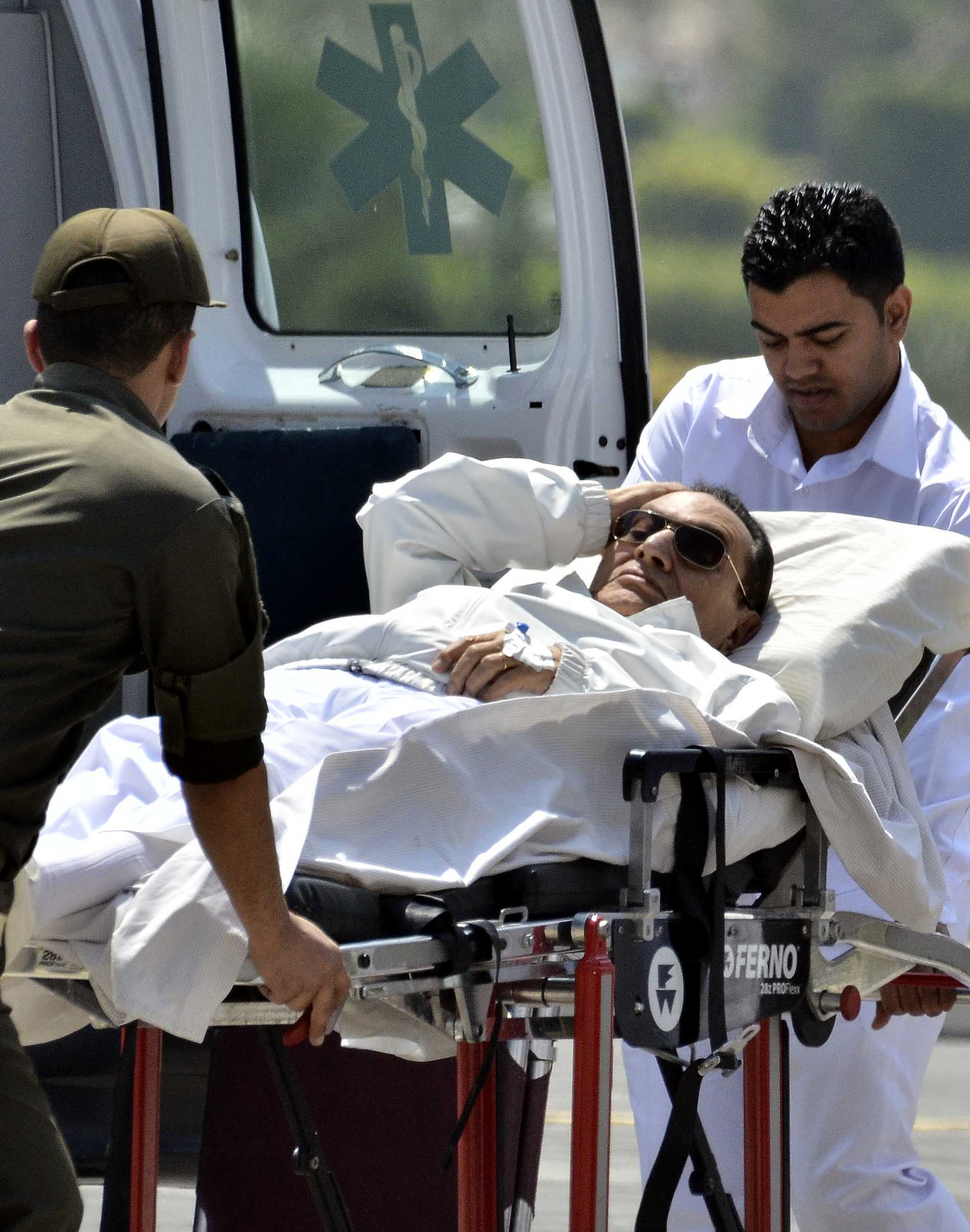Iraqis headed to polling stations on Saturday to cast their ballots in the first parliamentary elections since the defeat of the Islamic State group (IS), and the fourth elections since the ouster of former Iraqi leader Saddam Hussein in 2003.
About 24.5 million Iraqis in 18 governorates have the right to vote in the elections to choose 328 members to represent the nation in the Council of Representatives of Iraq. The government allocated 166 polling stations in 70 camps for internally displaced persons as a result of the battles between the Iraqi army and IS fighters.
The voting is also the first to be held after the failure of the Kurdish independence referendum, the outcome of which was put on hold by the Kurdish Regional Government (KRG) after tensions with the federal government in December 2017.
The elections are being run against the backdrop of a huge campaign against corruption. About 320 political parties and 7,369 candidates, including 2,600 female candidates, are running in the elections that will lead to forming a new government within 90 days following the announcement of the results.
The winners will be announced within 48 hours of polling stations’ close at 6:00 pm local time.
Iraq witnessed devastation in several of its areas during the last four years of battling IS. The poll will determine whether Iraqi Prime Minister Haider Al-Abadi will secure a second term. Al-Abadi is competing with his predecessor Nouri Al-Maliki and Shiite lawmaker Hadi Al-Amery.
Al-Abadi led the battle against the Islamic State group and defeated the group in the country. That victory makes Al-Abadi the most likely candidate to lead the country, which suffers from corruption, poverty, regional and international interventions, security deterioration, and sectarian tensions.
Hussein Allawi, a professor of national security at Iraq’s Al-Nahrain University and CEO of Akkad Center for Strategic Affairs and Future Studies, told Daily News Egypt that there are no fears regarding conducting the parliamentary elections at the current time, particularly with the new electronic system for conducting the process. Allawi expects some “verbal reactions” to the outcomes of the elections among the political parties and movements, but those reactions will not rise to become tensions.
Allawi added that “the illegal referendum of Kurdistan is in the past now, and the Iraqi Kurds are thinking now about their commonalities with their Iraqi Arab brothers.” He also believes that the participation will increase in the devastated areas of the country, where the majority of Sunni Iraqis live. “Most of them will vote for the nationalist lists,” Allawi said.

